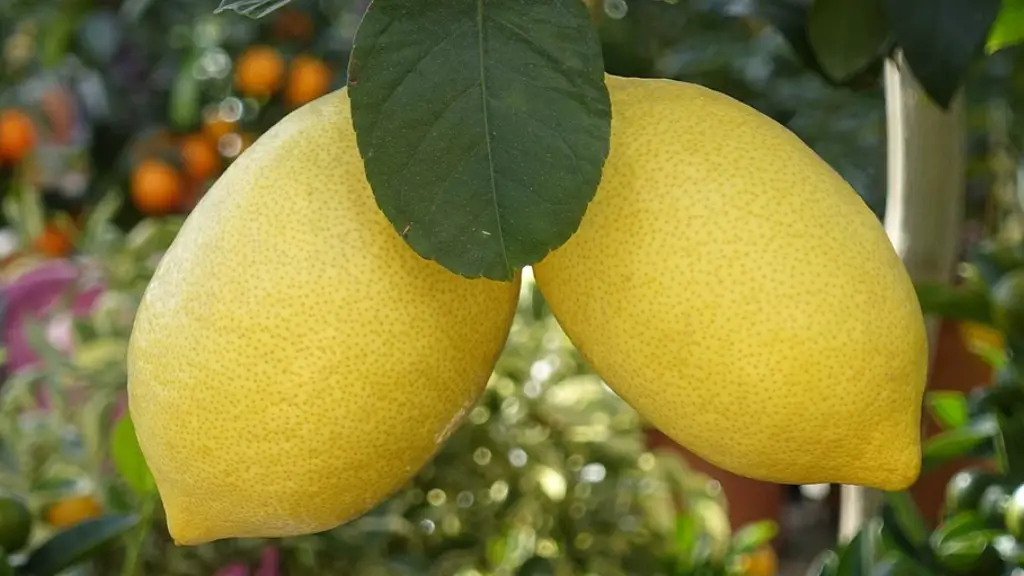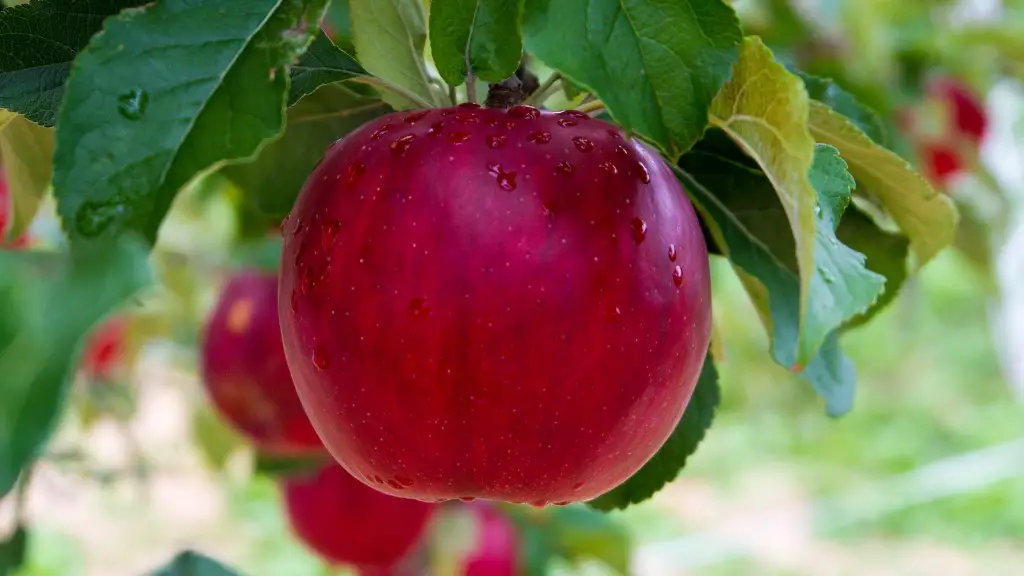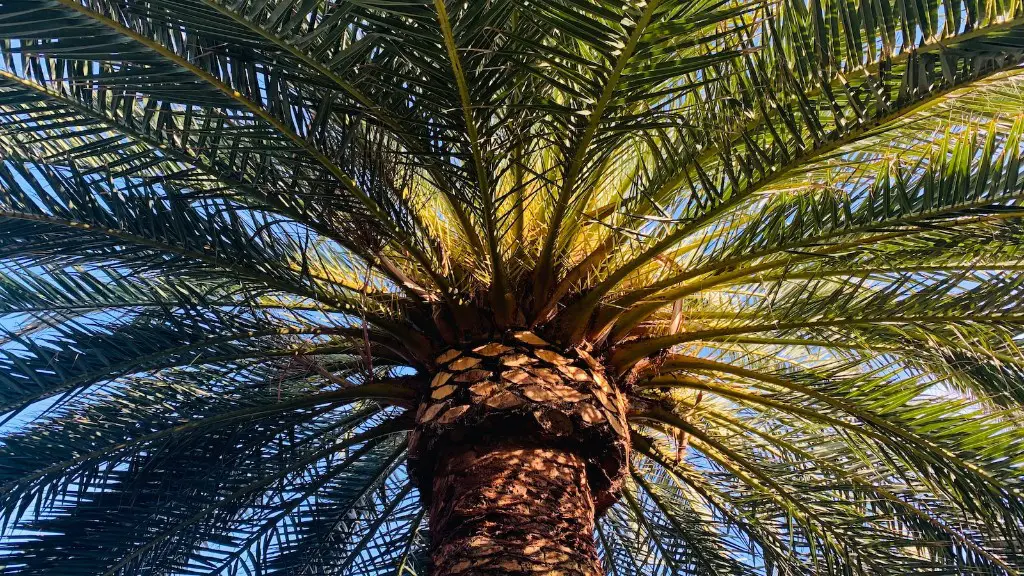Growing lemon trees in the UK is possible but it is not without its challenges. The climate in the UK is not ideal for citrus trees, making it difficult to achieve a successful harvest unless you are prepared to make some adjustments. One of the biggest problems is the cold winter, which can damage and even kill the tree. To avoid this, you must insulate the tree in some way, either by planting it in a sheltered spot or by providing a makeshift greenhouse. Additionally, you must choose a variety of lemon tree suitable to the British climate.
Sunlight is another crucial factor to consider; citrus trees need an abundance of light in order to thrive. You must make sure the tree has six to eight hours a day of direct sunlight. If your garden is shaded, you may need to add some light sources in order to replenish what is lacking from the natural environment.
The soil is another important aspect. Lemon trees flourish in a slightly acidic soil environment. If the soil in your garden is not quite acidic enough for lemons, you can choose to add some soil additives or you can plant the tree in a pot and create the perfect acid soil mix for the citrus tree.
Water is also essential for optimal growth; the plant requires frequent waterings. Yellowing of the leaves is usually an indication of underwatering. On the other hand, over-watering can also harm the tree. According to the Royal Horticulture Society, it is best not to water the tree more than once a week.
Finally, it is important to note that citrus trees are vulnerable to a plethora of pests. Good maintenance practices and occasional sprayings of insecticides can help to rid the tree of these pesky critters and ensure that it can grow and thrive.
Acclimation
If you want to increase the chances of success when cultivating lemon trees in the UK, you should focus on finding a variety of lemon tree that is more resistant to the cold temperatures. Additionally, acclimation is essential; you must allow the trees to adjust to the chillier British climate before they can fully thrive. Some experts recommend covering the tree with a blanket at night in order to protect it from the cold.
Pollination
Pollination is another key factor in lemon tree cultivation that must be taken into consideration. If your tree is not producing fruit, this is often due to poor pollination. This can easily be addressed by encouraging bees or other insect pollinators to come and visit your tree. You can do this by adding some extra sources of nectar in the garden, such as wildflowers, or by adding a beehive near the tree.
Harvesting
For optimal Harvests, harvest the lemons when they are still slightly green. If you wait until they are fully ripe, they will not last as long and most likely be over-ripe by the time you need to pick them. Additionally, make sure to use rubber gloves when harvesting as the juice of lemons can cause skin irritation.
Nutrients
Citrus trees require a high amount of nitrogen in order to grow healthy. For this reason, it is a good idea to add some mulching material below the tree, such as grass trimmings or dead leaves. Additionally, giving your tree occasional nutrient-dense fertiliser applications can greatly improve its growth and fruit yields.


